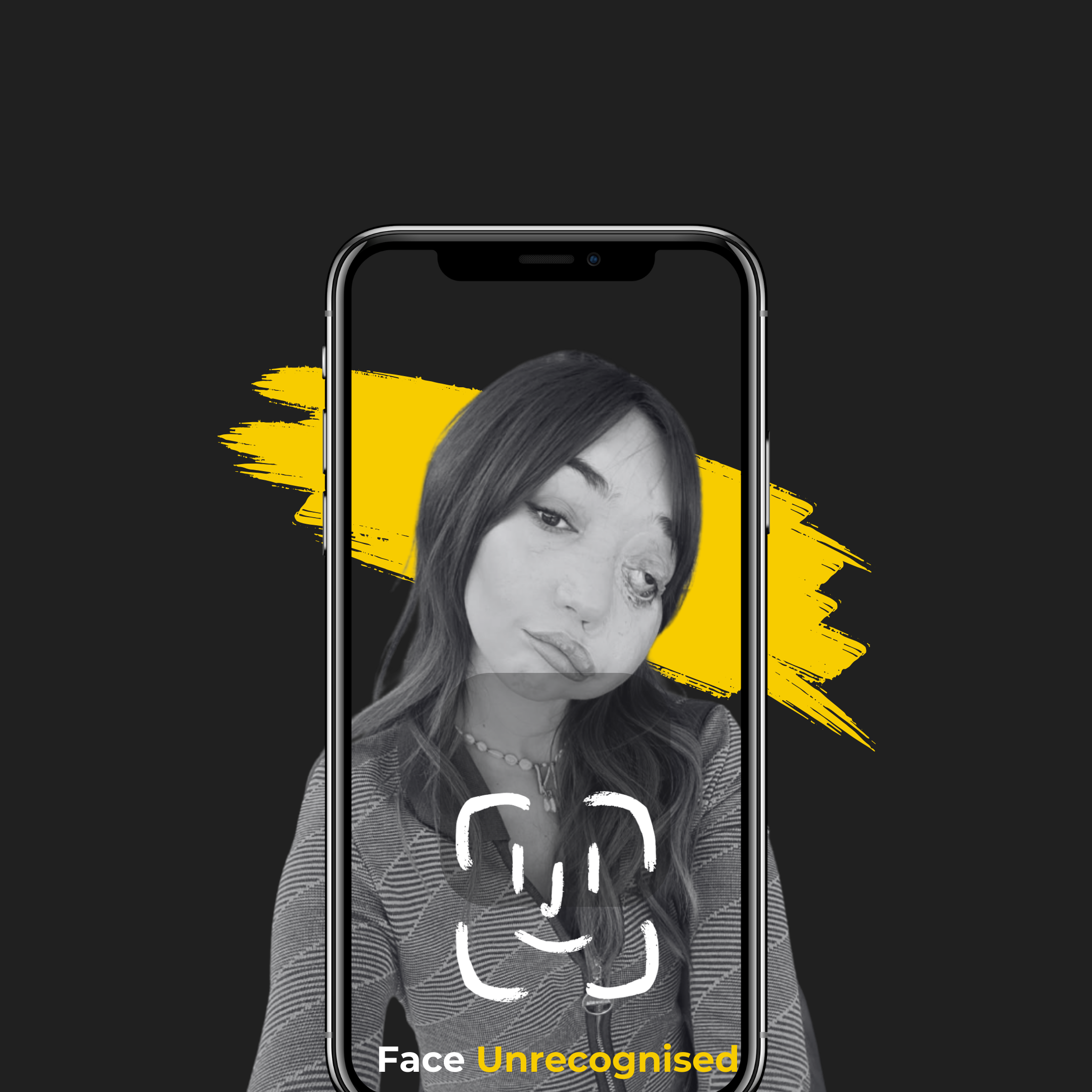Why are people with FDs being kicked out of restaurants?
We deeply were saddened and frustrated this week to read a story in the news of a member of the facial difference community in Britain being asked to leave a London restaurant by staff who claimed that the customer’s appearance was upsetting other diners.
This appalling incident might not be a surprise to all, given it echoes decades of research demonstrating constant discrimination against people with visible differences – from restaurants to gyms and pubs. One study into the experiences of people with psoriasis, shockingly 19% said they had been asked to leave a public place because of their appearance. (1) In 2017, a survey by our friends at the UK charity Changing Faces found that nearly a quarter of people who responded had received unpleasant comments about their appearance from bar staff. (2)
Incidents like this can be very upsetting but it is worth remembering that they may be against the law, too.
In Britain, the Equality Act 2010 applies to providers of goods and services – which could include a restaurant, pub, shop and some other places. The law says that service providers must not discriminate against disabled people (as well as people with some other protected characteristics). The definition of a disabled person includes someone who has ‘an impairment which consists of a severe disfigurement’ lasting (or likely to last) for at least 12 months (3).
Refusing to serve someone because of their disability is an obvious example of likely discrimination.
But other types of behaviour might be caught too – such as providing a worse standard of service than is provided to others, providing the service on different terms, or harassing the disabled person. Service providers are sometimes under a duty to make reasonable adjustments for disabled people too. This might apply if, say, someone with a skin condition wanted to change table to avoid direct sunlight on their skin.
If successful, claims under the service provider provisions of the Equality Act 2010 can give rise to a range of remedies, including compensation for financial loss and / or injury to feelings. However, the provisions of the law are complicated so you should seek free legal advice to work out how they apply in a particular situation.
Both Law Works and the Law Centres network may be able to help you find free legal advice at a law clinic near you. Strict time limits can apply to some legal claims so don’t delay seeking advice if you experience a problem. It may also be worth reporting such incidents to the police – as the person featured in this story did – not least because it is important that statistics show the depth of the problem of hate crime against people with visible differences.
If you live in another country, the law is likely to be different so seek legal advice on any routes open to you. You can also check out our guidance summaries in relation to facial difference, Interpreting Disability Legislation, Americans with Disabilities – Fact Sheet, EU Charter of Fundamental Rights – Fact Sheet, UN Convention on the Rights of Persons with Disabilities – Fact Sheet and UK Equality Act – Fact Sheet.
In support of Oliver, and Nerve Tumours UK, we’re calling on the hospitality industry to do better – so much better! If you are an employer in Britain, we can offer organisational training on face equality and inclusion of the FD community, so do get in touch (info@faceequalityinternational.org) to find out more.
Tags: discrimination, facial difference, facial difference community, rights, social justice Posted by


